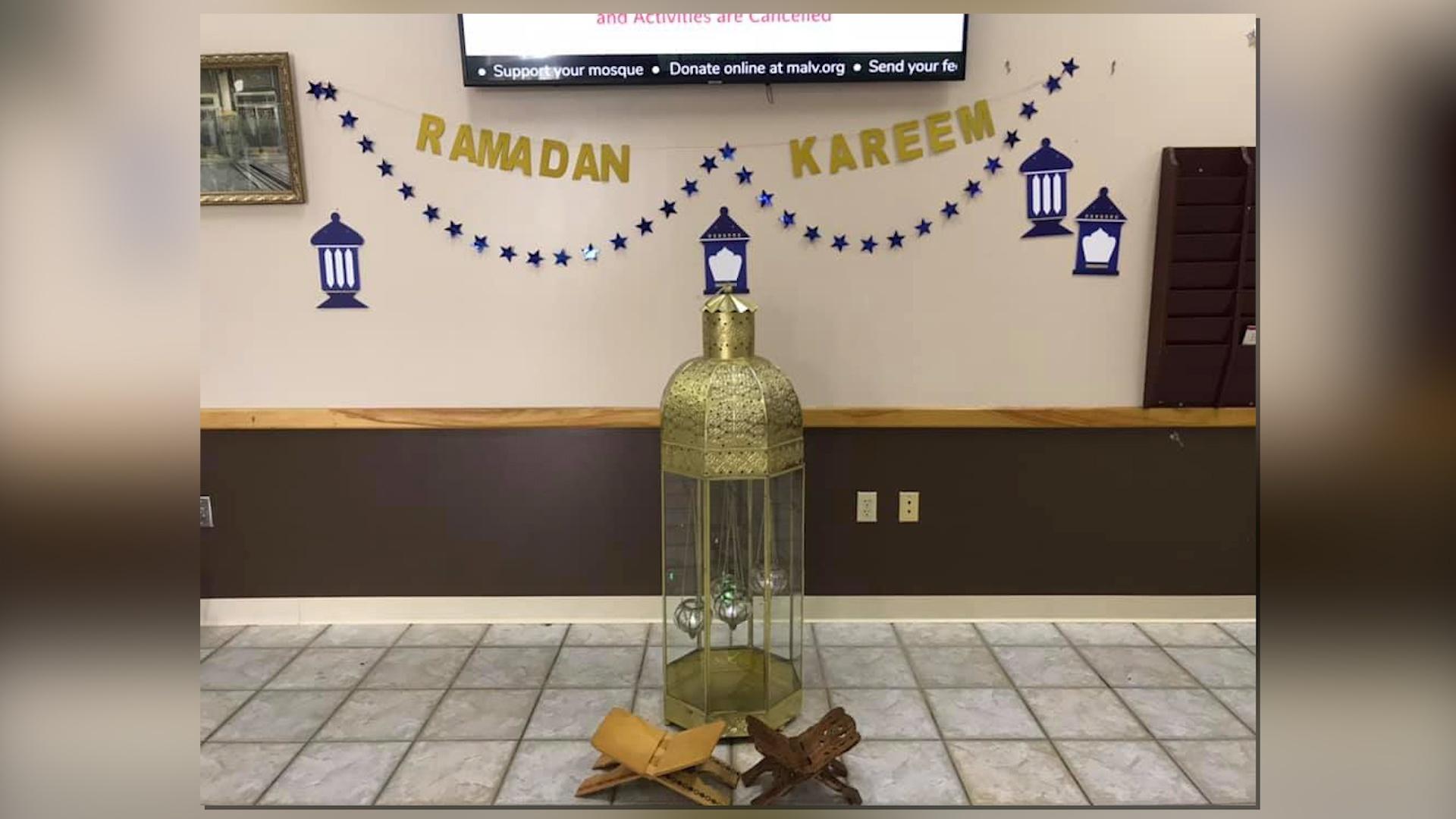WHITEHALL, Pa. (WLVT) - Mosques around the world are empty at a time when they're usually overcrowded. The COVID-19 pandemic has prompted mosques in the Lehigh Valley to close their doors, as the holy month of Ramadan begins.
"It kind of brought us to these very unprecedented religious issues that we're trying to resolve," said Basheer Bilaal, the religious director and imam (or worship leader) of the Muslim Association of the Lehigh Valley (MALV) in Whitehall.
Ramadan started Thursday night, but local Muslims couldn't go to a mosque for the ritual of taraweeh, a nightly congregational prayer during the holy month.
"Normally, in any other Ramadan, the mosque would be packed to the brim, and there would be basically no space for parking," Bilaal said, "and it was just heartbreaking that we could not do that."
Bilaal estimates two to three thousand Muslims call the Lehigh Valley home. Though staff and volunteers are sanitizing local mosques, Muslim families will have to pray at home.
"This is a time of prayer, and we're going to be using it to pray for all of humanity, all of our brothers and sisters in faith and in humanity," Bilaal said.
Other communal rituals like the evening dinner of iftar are on hold. For now, families are breaking their daily fast by themselves.
Local religious leaders say staying at home isn’t just the responsible thing to do. They say there are benefits to observing Ramadan in relative isolation.
"There is an amount of non-mixing that is essential for you to thrive emotionally, thrive spiritually, and Islam did call our attention to that," said Shaykh Mohammad Elshinawy, the religious director of the Allentown-based Islamic Education Center of Pennsylvania.
"Patience is something enough for today. We don't have to waste it for tomorrow, after tomorrow, one week, two weeks, one month, one year," added Beytullah Çolak, the imam and director of institutional outreach at Bethlehem's Respect Graduate School.
"There's nothing that happens in life that's not a blessing for a person of faith," Bilaal said. "So, if we can have faith and be patient -- in the long run, of course, that's the most difficult challenge -- we believe everything is going to be in our favor."
A couple weeks ago, several mosques in the Lehigh valley organized a webinar to encourage Muslims to “retake control” of their faith. That includes reconnecting with Allah (or God) and family.
"One of the things that we have to do as parents is to help align the God-given gifts that our children have with some form of service that they can then offer creation," said Shaykh Yahya Rhodus, the founder of Al-Maqasid in Macungie.
In addition to fasting, Ramadan is also a time for charity. MALV donated N95 masks to St. Luke’s University Health Network. The group is also raising funds to help families financially.
"This is amazing," Rhodus said. "These are opportunities for us to be on the front lines of helping people as believers."
Mosques are also sharing messages online, using technology to stream prayers on platforms like Facebook and YouTube. Bilaal said it helps followers of the faith figure out how to focus.
"I am very concerned and worried for my community members who -- let's say they're not very well-versed in prayers in the Quran -- who don't have the knowledge or capacity to pray on their own, or they don't know what to pray for," he said. "I'm worried for them."
Ramadan ends with a festival called Eid. Last year, Muslims celebrated at Coca Cola Park in Allentown. Bilaal said it’s “highly unlikely” that will happen this year -- and that's okay.
"We have to be strong and patient and realize that everything is in the hands of God, and He has a greater plan for all of us," he said.
Ramadan ends on the evening of Saturday, May 23.
*To contribute to MALV's COVID-19 assistance helpline, call 484-275-0022 or email assistance@malv.org.*




